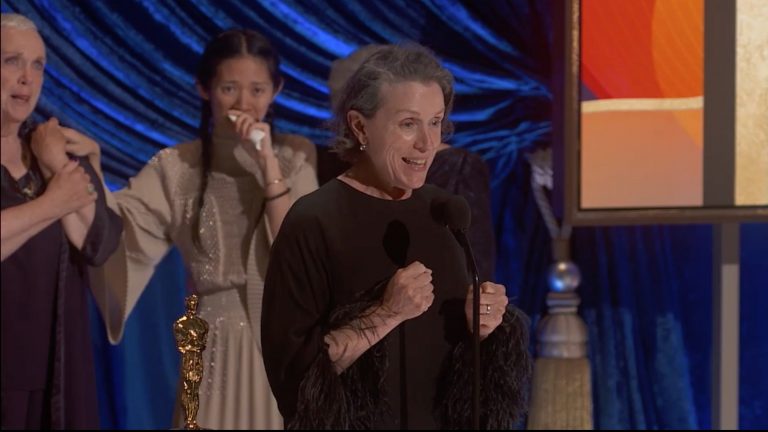A crisis-stricken mob boss, who suffered a fainting spell, walks into a therapist’s office. And so begins Analyze This, by Harold Ramis; oh wait, let me rephrase, so begins The Sopranos, by David Chase.
As you begin watching The Sopranos you feel as if you are watching a mob movie through a fun cracked mirror. It is almost like watching a spoof version of the mob shown in The Godfather trilogy or Goodfellas – except the epic nature is foregone here, for a form of slapstick comedy and dark humor, which writers’ Chase, Terrence Winter, and others apply to slowly peel back and show how pathetic the Italian mafia really is.
That is until you reach episode 5 of the first season, and you see Tony Soprano kill a man on the screen for the first time. And you see the glee on his face when taking the life out of someone. And then you realize you are in trouble.
The Anti-hero
Tony Soprano as shown in the world of The Sopranos is a man slowly and steadily declining in stature for the audience, and that is the key distinction here. We are not watching a man becoming bad, giving in to his darker impulses and slowly growing into it. Tony Soprano, and to that extent his entire core cast of characters are people who are already far beyond the normal shred of decency. Tony Soprano as a person is utilizing the therapy he gets from Dr. Jennifer Melfi (Lorraine Bracco), as a methodology to improve himself as a gangster, not as a person. In subtle and not so subtle ways, Melfi becomes a part of the inner circle of Tony Soprano, and with her, we as the audience, too get involved in the mayhem.
The Family vs. The family
The Sopranos from the outset is about exploring the dual life of Tony Soprano – as a family man, and as a mob boss. In exploring both sides of the family he occupies, the audience gets to see a world that is both kept separate, and yet inexorably tied to each other. Tony and his wife Carmela’s unwillingness to not involve their children in the other family is one of the driving forces of this whole show. Yet by the end, both of the children get involved in the family business. Meadow Soprano, the daughter, is slated to marry into the Family, while AJ Soprano gets involved as an executive producer to a studio headed by another of Tony’s friends, a separate mob boss.
It also shows us how much of Tony’s growth as a person living through this world indirectly causes his children to get involved in this life as well. Having no choice but to get involved in the Family business as a child, Tony was already a lost cause. But his balancing of both of the sides of this family is laughably faulty at best, toxic at worst. Spoiling his son AJ, to the point that AJ grows up to be essentially a loafer, expecting the world to bend to his whims; while Meadow grows up as an independent individual, as a rebel, but at the end of the day she becomes inspired to be a lawyer only after being convinced by a man, as well as convinced by circumstances pertaining to the business of her father.
Related to The Sopranos – Tony Soprano – Made in America
This mixing and tying of the two entities is also the cause of problems in both of Tony’s families. His uncle, Junior Soprano’s jealousy of his nephew’s higher standing in the mob, is further exacerbated by Livia Soprano’s complaining about her own son, and advising Junior to get rid of him because Tony put her in a nursing home against her wishes.
Before we get into the inevitable sympathetic point of view we are supposed to give to a protagonist, we also have to remember that Tony Soprano is like a huge eucalyptus tree, its shadow casting over the entire family, most notably over his protege, Christopher Moltisanti. Chris as shown throughout the 6 seasons, isn’t the brightest kid in the toolshed, but as a person is loyal to Tony, to the point where he sides with Tony in killing his girlfriend Adrianna, a relative innocent. In return though, Chris’ efforts to go cold turkey on his drinking and taking drugs goes completely unappreciated by his peers and Tony himself, to the point where his insecurity and life in the mob starts to make him go spiral out of control and relapsing on his drug use once again. His death at the hands of Tony himself, while shocking, also feels inevitable.
Therapy and symbology
From the end of season 2, The Sopranos becomes a hybrid of Twin Peaks and Goodfellas, and in the hands of any other creator, this conceit would be overused to death. But David Chase as a writer is instinctive and intuitive. His utilization of the dream sequences is instrumental in showcasing how adept Tony has become in identifying his own psyche, his own niggling doubts.
The Season 2 dream sequence in which Pussy Bompansiero is revealed as the rat with the help of a talking fish (Luca Brasi sleeps with the fishes). The dream sequence in Season 5 when Tony Soprano through his dreams realizes that his cousin Tony Blundetto (Steve Buscemi) is going to kill Phil Leotardo’s brother, causing a gang war, which also happens in real-time. These are moments that elevate The Sopranos from a traditional gangster show to something far more cerebral, far deeper, even as Chase tries to play with the mob movie trademarks.
Similar to The Sopranos – The 26 Best Hotstar TV Shows That Are Worth Your Time
One of the standout trademarks in this show is the presence of eggs in the series. Richie Aprile in Season 2 makes eggs at Livia’s house, the same house where he later dies. Ralphie Cilfaretto is making eggs when Tony comes over and kills him. Before making the decision to kill his cousin Tony Blundetto, Tony steps on rotten eggs. Adriana offers to make eggs for Chris right before Chris decides to betray her to Tony. And on and on and on. It could be The Sopranos’ analogy to the presence of Oranges in The Godfather Trilogy, or it could mean absolutely nothing. Either way, The Sopranos’ within its runtime of 8 years has created a mythology and symbolism that feels very much its unique identity, and also very much different than any other property related to the mob that had come before.
Anti Climax and the series finale
By making a concerted effort to subvert expectations from any traditional mob movie, The Sopranos could be described as one of the major media properties quite successful in subverting audience expectations. Season 1 doesn’t end with Tony trying to kill his mother, even though the show was building itself to it.
Season 2 was building to a gang war between Richie Aprile and Tony Soprano, until he was unceremoniously shot by Janice Soprano, his newly wedded wife, in the penultimate episode. Ralphie Cifaretto (Joey Pantoliano) was built the entirety of Season 3 as the new irritant and antagonist in Tony’s life, as well as the new antagonist an audience wants to see “whacked”, but his death was completely sidestepped in the Season 3 finale, and he was finally killed by Tony in the 8th episode of Season 4. The dream sequence in itself, serve as a form of anti-climax, foregoing the prospect of “whacking” and instead focusing on introspection, psychology.
For a show priding itself on being the master of anti-climax, is it any surprise that the ending of The Sopranos is so sudden and so off? Like told previously, David Chase as a creator is an instinctive writer. Ending the show, because he felt it was the right thing to do, is something that sounds very much like a Chase thing to do.
So is Tony Soprano dead? Is he alive? The instinctive and logical answer is yes, he is dead. Otherwise, why would Chase be focusing so much on who is entering the diner? The Sopranos’ answer, because of the propensity to focus on the anticlimax, is that Tony Soprano is alive, but living in a pyrrhic victory – his entire inner circle is wiped out, the general who is the least liked and least effective (Paulie Walnuts) is now leading the crew, his children are involved in the Family business, in-spite of his wishes.
Related to The Sopranos – The Weaker Sex in Breaking Bad
Or maybe it’s the audience who is “whacked”, or who is just told, “that is enough, you don’t need to see the show anymore, their lives, as pathetic as it is, will move on”. For a show which relished itself in showing us the deepest trenches and grime of the mob life, while pushing the audience to see how much they can follow these utterly heinous, stupid, or pathetic acts simply because we are fans of the genre, or because the characters are compelling. But while the show is deconstructing the mob genre, it also is establishing the tropes of the modern-day anti-hero, the modern-day exclusive binge streaming television of the era. Without Tony Soprano, without The Sopranos, there is no Breaking Bad, there is no Sons of Anarchy.
So, is the show worth it?
There exists a transaction between the audience and the creator of a show, the audience trusts the creator while the creator uses that trust to see how far he can push the envelope. Chase and his creators did that. The Sopranos, in the later seasons, became a complex watch for me. It successfully transitions from the end of the 90s to the mid-aughts, successfully structures itself from episodic television to serialized television content. But most importantly, you follow characters who slowly become downright unlikable as persons, if only for the acting and their compelling screen presence.
James Gandolfini as Tony Soprano is the beacon this show is built on. He is brilliant in showcasing the charisma, the kindness, the humor, and yet the cruelty, and frankly the sociopathic tendencies of Tony Soprano. His relationship with Lorraine Bracco’s Dr. Melfi is one of the bigger selling points of the show, but later the therapy becomes a part of the different subplots instead of being the overall narrative. Edie Falco as Carmela Soprano in the later seasons becomes a far more compelling and sympathetic figure, Michael Imperioli as Christopher Moltisanti is one of the harder sells of the show. Chris as a character becomes someone to laugh at, to ridicule, to be angry at, and yet at the end you feel sorry for him. Steven Van Zandt’s Silvio Dante becomes less of an Al Pacino parody and more of a character who could be rooted for, while Tony Sirico’s Paulie Walnut is someone you love to hate. The entire cast is on point, which again proves the adage by John Ford correct – “Directing is 90% casting”.
-
Cons
There are episodes that feel very much like it is a product of its times. Its propensity towards violence sometimes feels like the show is proving that it is trying to glorify mob violence, as well as eye candy nonsense. There are moments, especially in the first half of Season 6 where the direction of the episodes feels especially rough, the editing feels rushed. There were also subplots that caused you to feel irritated, not because you hate the character, but because you are proved that the subplot won’t go anywhere, so dwelling on those subplots or characters (like A Janice Soprano), feels like a waste of time or real estate.
-
Conclusion
8 years and 86 episodes later, the impact of The Sopranos can still be felt. As a binge-watch though, the show is a serious flip flop of emotions. It starts as a parody of mob movies, a slapstick physical comedy, until the serious and emotional parts weigh-in, and the audience is finally forced to look at the selfishness of these characters. It is depressing as a watch, extremely impactful, but as a binge, it is hard to go through.


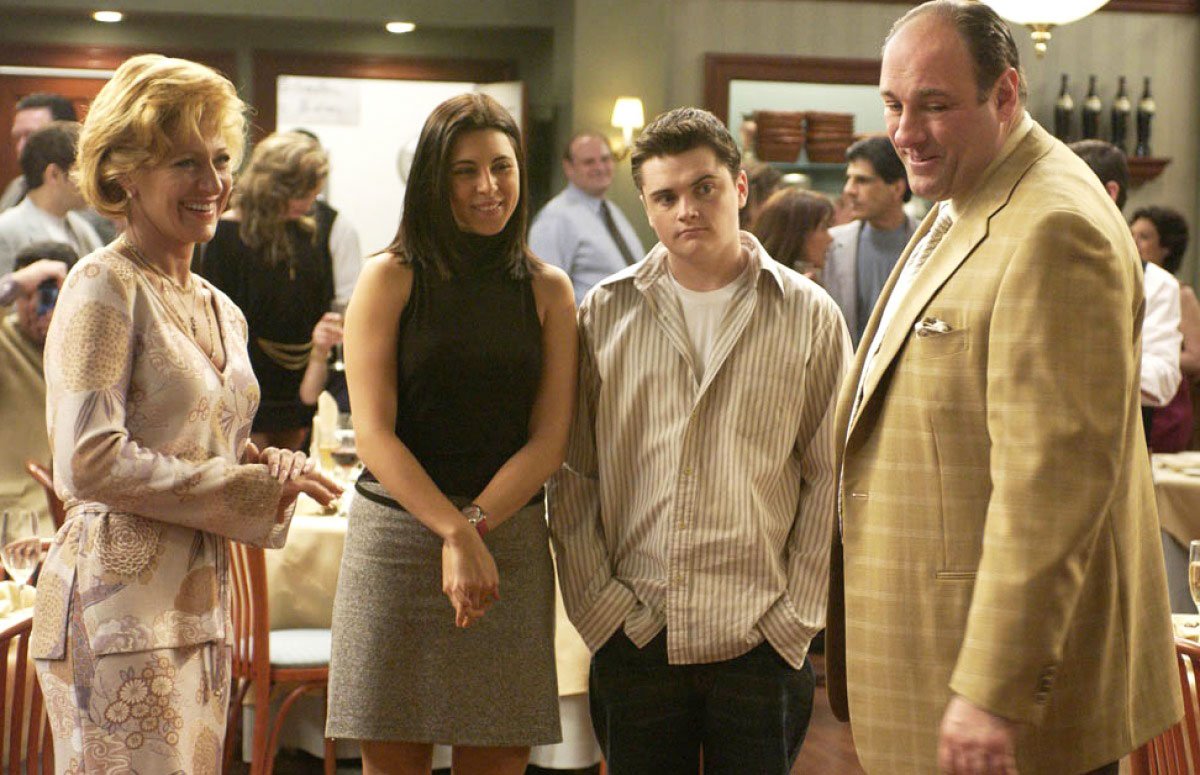

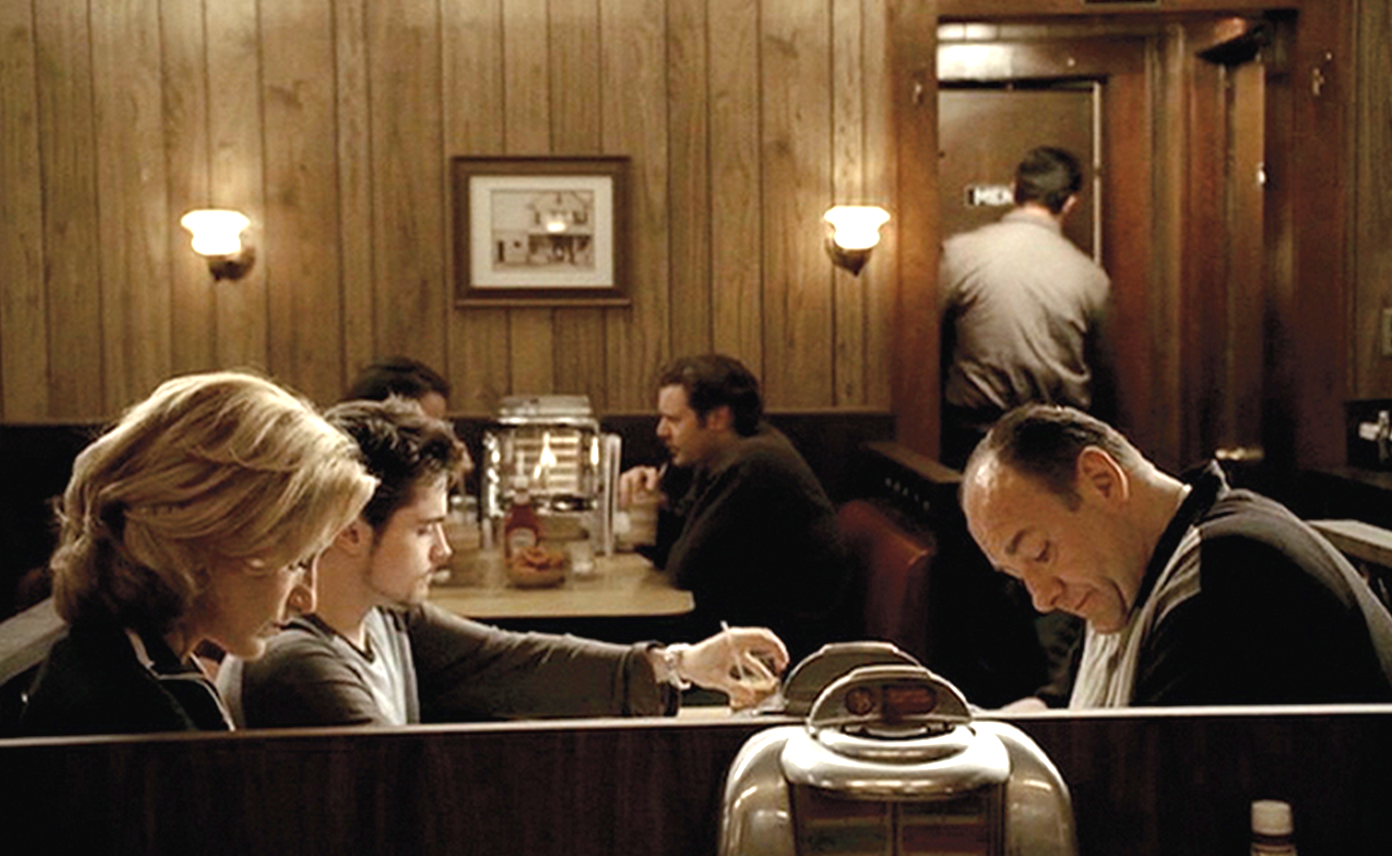
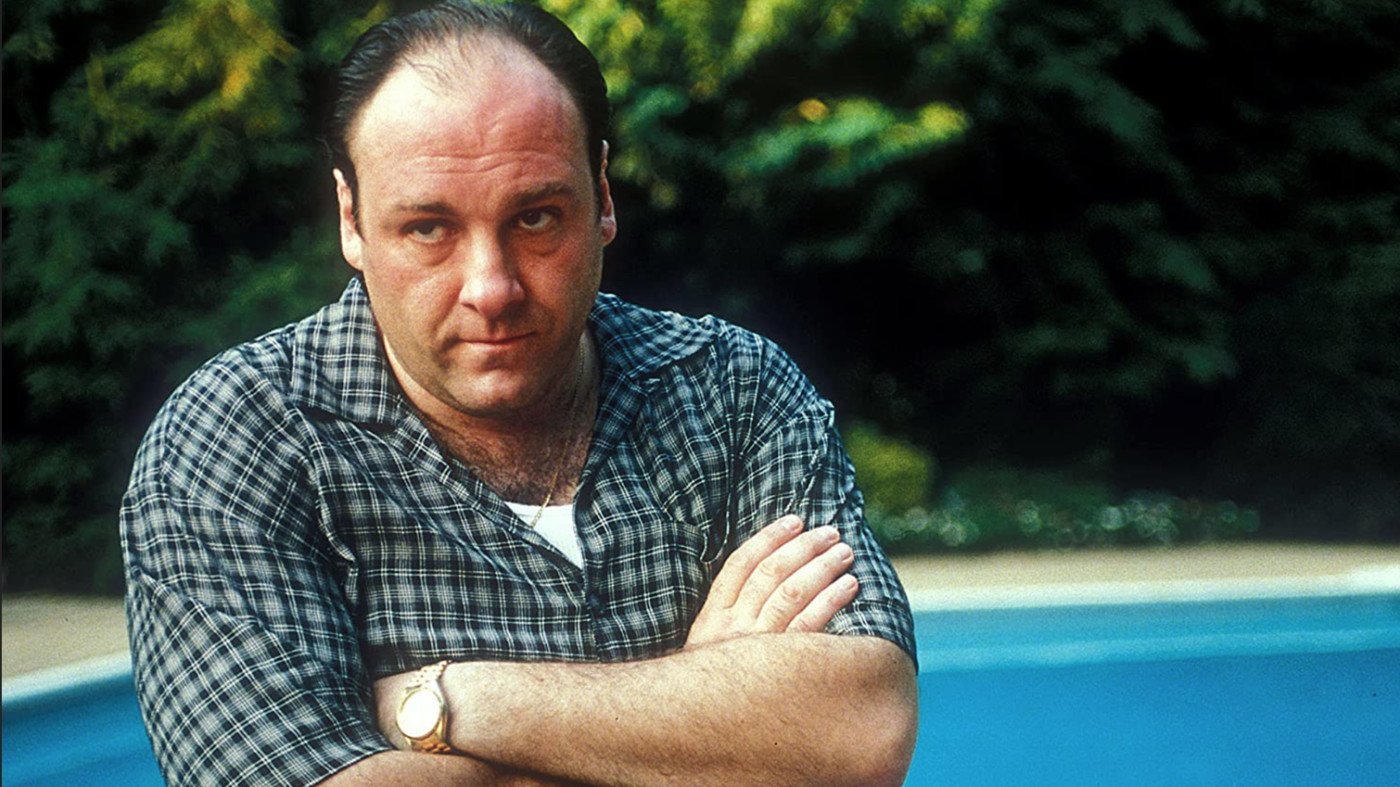



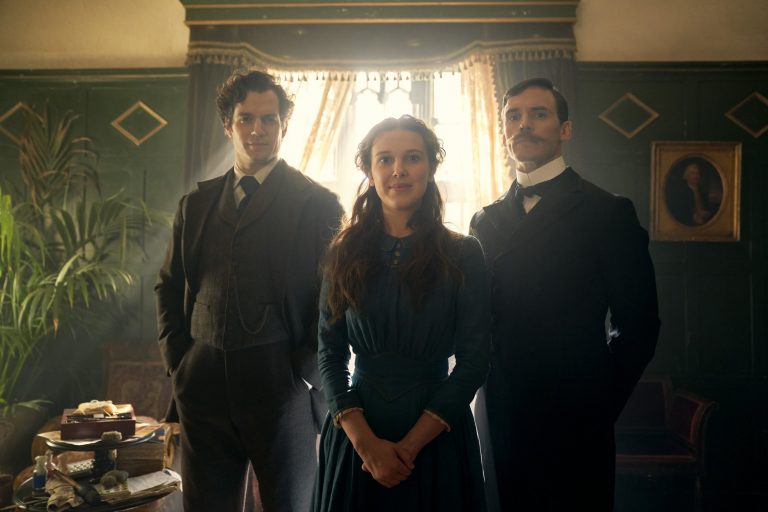
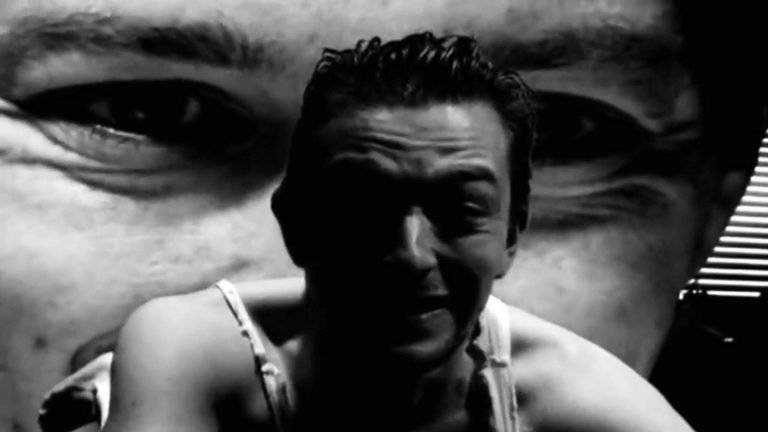
![Blinded by the Light Netflix [2019] Review: A Run-of-the-mill Drama about Finding Oneself](https://79468c92.delivery.rocketcdn.me/wp-content/uploads/2019/09/maxresdefault-10-768x432.jpg)


